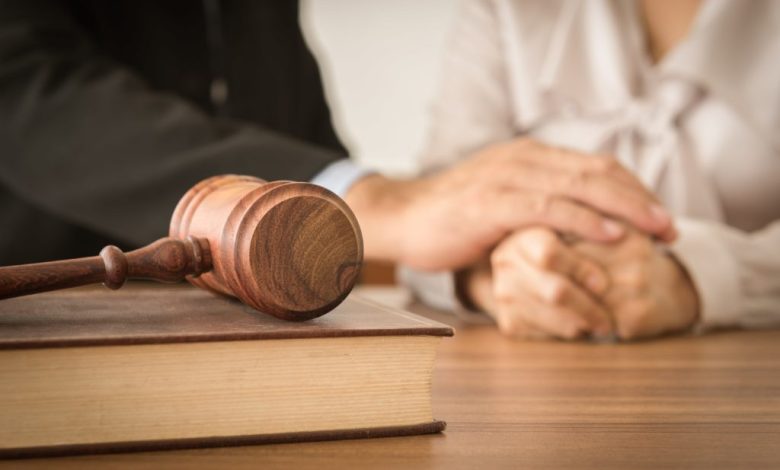Las Vegas civil rights lawsuit: Choose an experienced lawyer now!

Discrimination is rampant – that’s the sad truth. If you have suffered discrimination because of your age, color, sexual preferences, gender, nationality, race, or disability, you may have a valid case of civil rights violation. Our civil rights are granted by the constitution of the United States. Federal and state laws are meant to protect these rights and prohibit discrimination. If you believe that you have suffered any form of discrimination, talking to a Las Vegas civil rights attorney can help. In this post, we are sharing more examples of such civil rights violations and how an attorney can help.
Understanding discrimination
Contrary to popular belief, discrimination is not limited to workplaces alone. Yes, employment discrimination is a matter of concern, not just in Nevada but in most states, but there are other examples of civil rights violations too. For instance, if you were denied housing because of your race or your kid was denied admission to a college because of their color, it is a clear case of civil rights violation. There are also more brutal examples of such violations. For instance, if the police subjected you to an unlawful search or acted brutally, you could potentially pursue legal action.
Why do you need a civil rights attorney?
The role of a civil rights lawyer is to fight for their client’s rights. Your lawyer will do the following at the very least –
- Explain if you have a valid civil rights case in the first place
- Explain the possible legal options
- If you decide to file a lawsuit, they can suggest the expected outcomes
- They can investigate the case and gather evidence
- Talk to witnesses and get statements from experts
- Represent you in court
It is important to understand that civil rights cases are inherently complex. Don’t expect an attorney to guarantee an outcome. In fact, if a lawyer promises that you will win, it is a red flag. It is best to limit your expectations and ask the attorney what you can expect in return for legal action. For instance, if there is no likelihood of a settlement, your lawyer may not work for a contingency fee, which means you will have to pay an hourly rate. However, civil rights cases are not just about a settlement – sometimes, seeking justice is a key aspect. At the least, talk to a lawyer to know what you can do about a given circumstance or incident.




